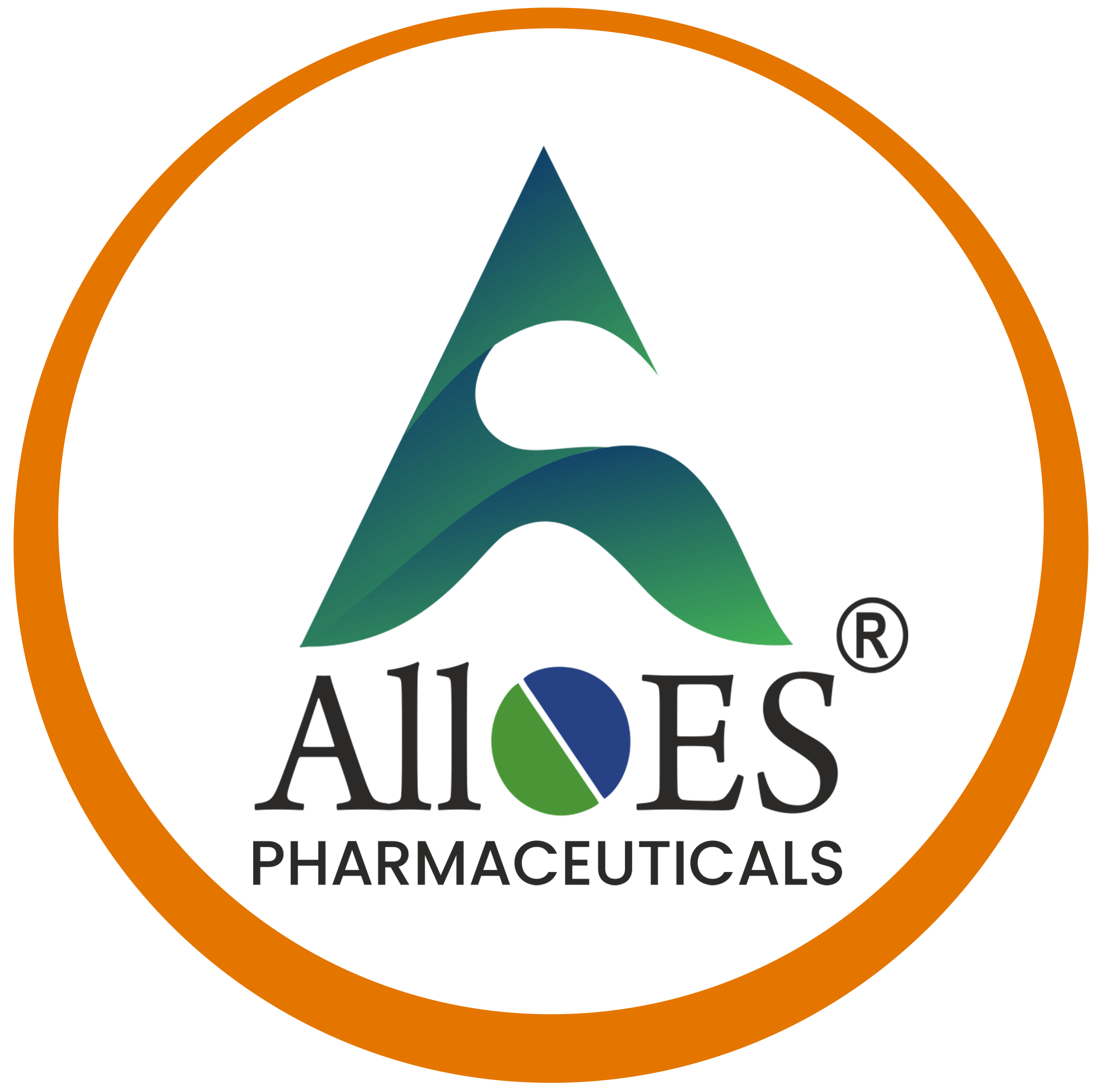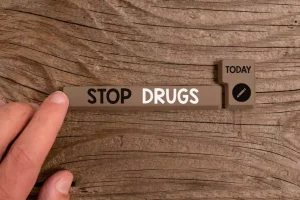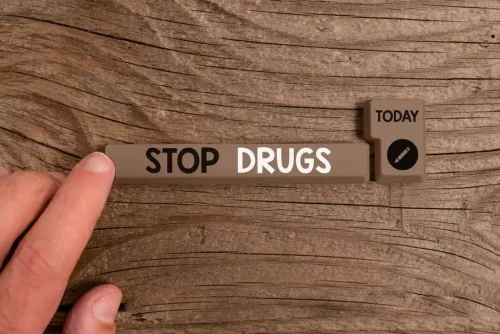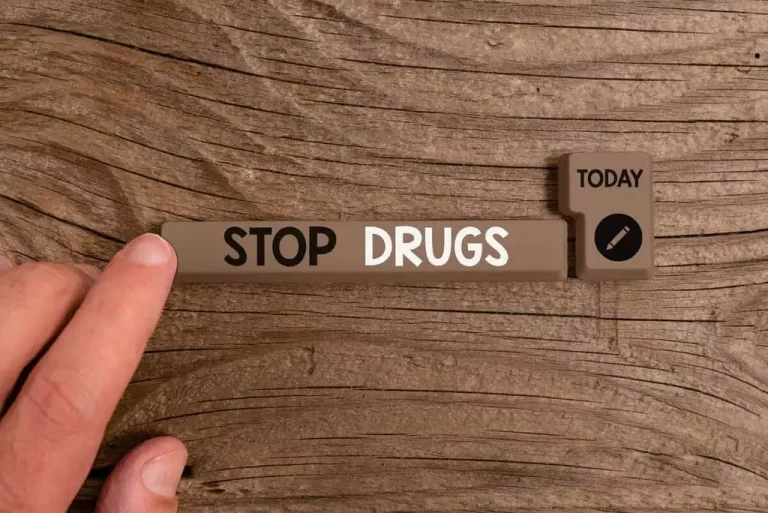MHSA Recovery Programs
There are a number of different group therapy modalities, including support groups, experiential therapy, psycho-education, and more. Group therapy involves treatment as well as processing interaction between group members. It also makes the education of residents at their programs a priority, with the end goal of producing independent, productive members of society. Many of the experienced residents in MHSA’s programs also participate in helping guide other residents, and many also participate in MHSA’s other programs. For more information about Find Recovery Center’s commitment to ethical marketing and treatment practices, as well as guidance on selecting a treatment provider, please visit our About page.
Recovery/Sober Homes provide a structured, alcohol & drug free environment for individuals recovering from addiction.
- MHSA primarily offers long-term residential rehab, short-term intensive residential rehab, counseling, and transitional housing.
- Those with poor social support, poor motivation, or psychiatric disorders tend to relapse within a few years of treatment.
- As one of MHSA’s first Boston-based programs and a cornerstone substance use disorder recovery home in South Boston, Rockland Recovery has been helping residents reestablish a sober lifestyle for over 20 years.
- Using both legal medications and illegal substances in order to maintain an addiction is substance abuse.
- DBT is particularly useful for people with self-harming behaviors, as well as those with substance abuse disorders.
Our dedicated representatives are available around the clock to discuss your treatment options. They are committed to ensuring the well-being of individuals in need and will help determine if a facility listed on the Find Recovery Center website might be suitable for you. If you or someone you know is seeking addiction treatment, the Addiction Centers Near Me helpline offers a private and convenient solution. When you call our helpline, which operates 24/7, you will be connected to Sun Rockland Recovery Coast Recovery Ranch and Road to Recovery Care Specialists. More than half a million Massachusetts residents abuse alcohol while more than 1.5 million use illegal drugs each year.
Browse by Massachusetts cities
Most plans include detoxification and subsequent medications to ease the process. Behavioral therapies and counseling are also necessary to resolve the root cause of addiction. Established in 1978, the Rockland Recovery has grown over the years to accommodate twenty-eight residents in its South Boston facility.
Conditions and Issues Treated
MHSA’s holistic approach incorporates all aspects of a person’s life into their treatment and helps them to rebuild their mental, physical, and emotional wellbeing. With several sites in the Greater Boston area, our highly trained staff provide clinical oversight and specialized services to help our patients achieve and sustain their sobriety. Over the course of up to six months, patients are given the individualized clinical support needed to find employment, reestablish family and community connections, and pursue healthy and life-long recovery goals. Upon the successful completion of the program, patients transition into stable, sober living environments where they can continue to thrive as productive members in our communities. Brookford House is located in Dorchester and provides a safe supportive recovery environment for parents in early recovery who also need help to secure permanent affordable housing. This brings together all the expertise and services MHSA offers in both our recovery and shelter programs.
Some examples of this are time management, social skills, nutrition, hygiene, stress management and taking care of yourself. A sober living home in Boston, MA, also known as an SLH, is much like a halfway house. There are some specific rules and regulations residents must follow, like attending mandatory meetings, and household chore-type activities. Inpatient rehabilitation aims to treat severe addictions and co-occurring disorders.
Middlesex Human Service Agency, Inc.
Once your system is cleared of alcohol and drugs, you’ll likely transition to an inpatient treatment program for the next phase of your recovery. In the midst of an addiction certain healthy habits and behaviors can be forgotten or discarded altogether. While in treatment you will learn life skills that will help you successfully maintain sobriety and rebuild your life in Boston, MA.
Residents of MHSA’s substance rehab facilities often first come in contact with MHSA through their feeding and shelter programs. As mentioned earlier, residents may also participate in the running of different programs as part of their time in rehab or transitional living. The MHSA’s different programs all serve different disadvantaged members of the community. However, their substance use disorder programs are primarily geared towards adult males. It begins with the individuals accepting that they are addicts, and they understand its consequences.
Boston, a historic coastal city, offers a vibrant arts and culture scene with world-class museums, parks, and restaurants. The city has seen a 36% increase in opioid-related deaths from 2019 to 2022, and between 50 and 81 percent of all seized drugs in Suffolk County tested positive for fentanyl in 2023. Addiction commonly results in varying levels of malnutrition, vitamin and mineral deficiencies. This can be reflected in weight loss, hair loss or hair changes, skin irregularities and damage to multiple internal body functions. Eating correctly to replace lost vitamins and minerals while balancing your diet can build confidence while restoring your health from the inside out. Using both legal medications and illegal substances in order to maintain an addiction is substance abuse.




